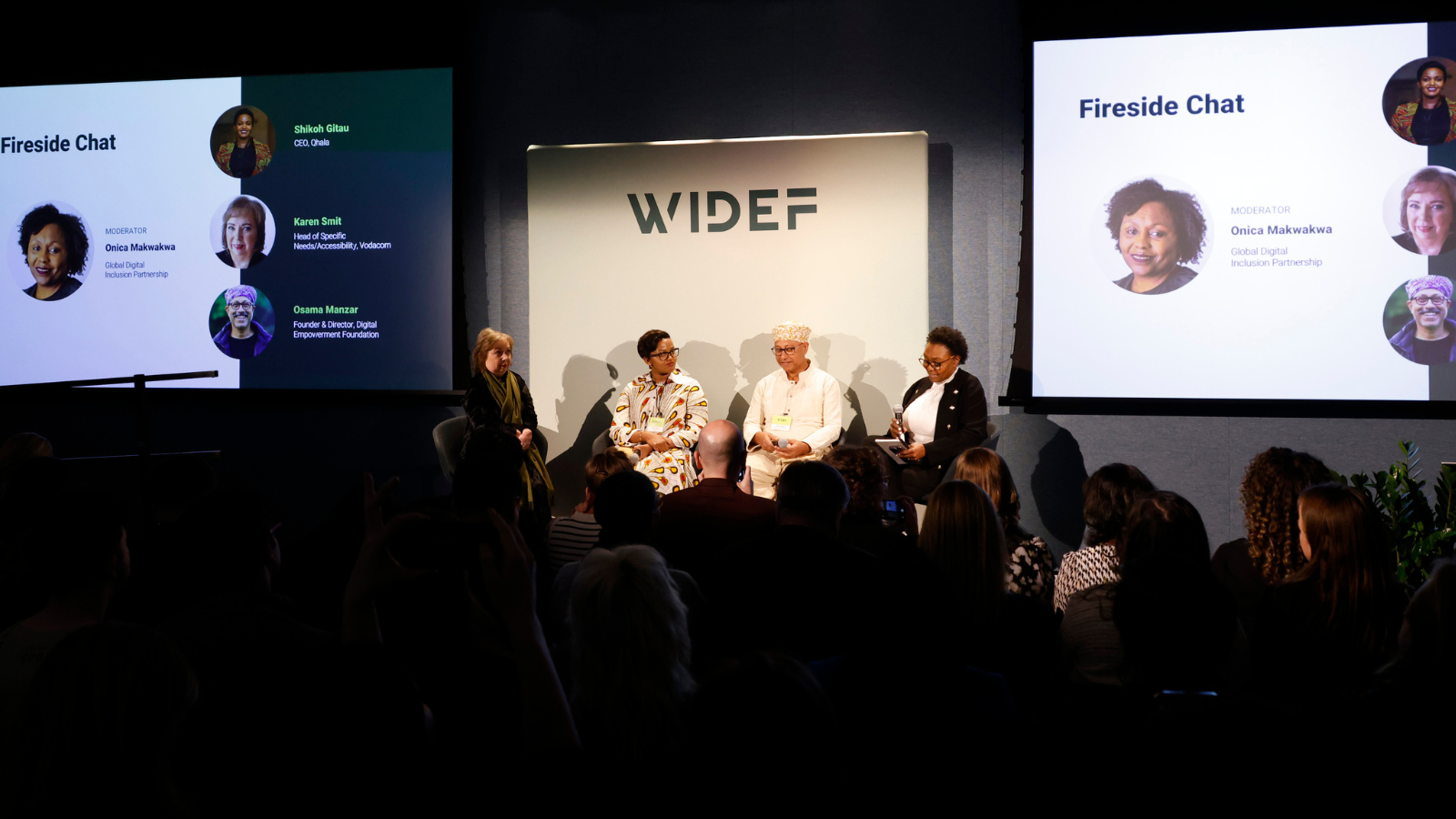The Women in the Digital Economy Fund (WiDEF) announced today the launch of its second competitive round, inviting applications from large private sector enterprises seeking technical support to scale proven solutions to significantly close the gender digital divide.
Announced by the White House in March 2023, WiDEF is a joint effort between USAID and the Bill & Melinda Gates Foundation to accelerate progress on closing the gender digital divide, managed by CARE, Global Digital Inclusion Partnership and the GSMA Foundation.

This round of support takes the form of tailored technical assistance to scale products, services, or approaches that can significantly increase women’s access to and usage of the internet. It follows WiDEF’s first round of funding and support for local organisations, which closed on May 6th, 2024.
The technical assistance on offer aims to help unlock opportunities to significantly close the gender digital divide rather than supporting an enterprise’s ongoing “business as usual” activities. Examples of the kind of technical support private sector enterprises might apply for might include:
- Research into the principal barriers and needs of underserved segments of women to inform actions to support them better to access and use digital technology and the internet
- Evaluation of existing products and services for women to inform their evolution and wider usage
- Testing specific approaches and services to ensure they best meet the needs of underserved women
- Product adaptation and iteration, including the analysis of service usage data, user feedback and further design research
- Business modelling and support for scaling products and services
“From our experience, we have seen how the right technical assistance can truly help companies unlock impact at scale. Through this new round, we believe we can deepen the private sector’s contribution to the closing of the gender divide across low- and middle-income countries, in line with the GSMA Foundation’s unwavering commitment to addressing this challenge,” said Max Cuvellier Giacomelli, Head of Mobile for Development, GSMA.
WiDEF will provide successful applicants in countries where USAID operates with tailored technical assistance for up to two years, valued at USD $50,000 to $150,000. This support will be provided by the WiDEF Consortium and third-party suppliers engaged by WiDEF.
WiDEF Priorities
WiDEF aims to support commercially sustainable, scalable and evidence-based solutions to help close the gender digital divide. Successful applicants will need to articulate how their solution – and the technical assistance they draw on – will address at least two of the following core priority areas for WiDEF:
- Improved access to affordable devices and online experiences
- Increased availability of relevant products and tools
- Elevation of digital literacy and skills
- Enhancement of safety and security
Additionally, all applications will need to generate insights and data that expand the collection and use of gender-disaggregated research and analysis.
Full eligibility criteria and the application process can be found here. Applications are due by September 12, 2024.
To learn more, email contact@widef.global, visit us online at https://widef.global/, or follow WiDEF on social media (Instagram, Facebook, LinkedIn and Twitter/X).
About WiDEF
The Women in the Digital Economy Fund is a joint effort between USAID and the Bill & Melinda Gates Foundation to accelerate progress on closing the gender digital divide. WiDEF supports and funds programs that advance digital access and affordability, develop relevant products and tools, provide digital literacy and skills training, promote online safety and security, and invest in sex-disaggregated data and research. It supports, wherever possible, women-led, feminist, and gender-transformational solutions, products, and tools. WiDEF is managed by the Global Digital Inclusion Partnership (GDIP), the GSMA Foundation, and CARE.
About GDIP
The Global Digital Inclusion Partnership is a coalition of public, private, and civil society organizations working to bring internet connectivity to the global majority and ensure everyone is meaningfully connected by 2030. GDIP advances digital opportunities to empower and support people’s lives and agency, leading to inclusive digital societies.